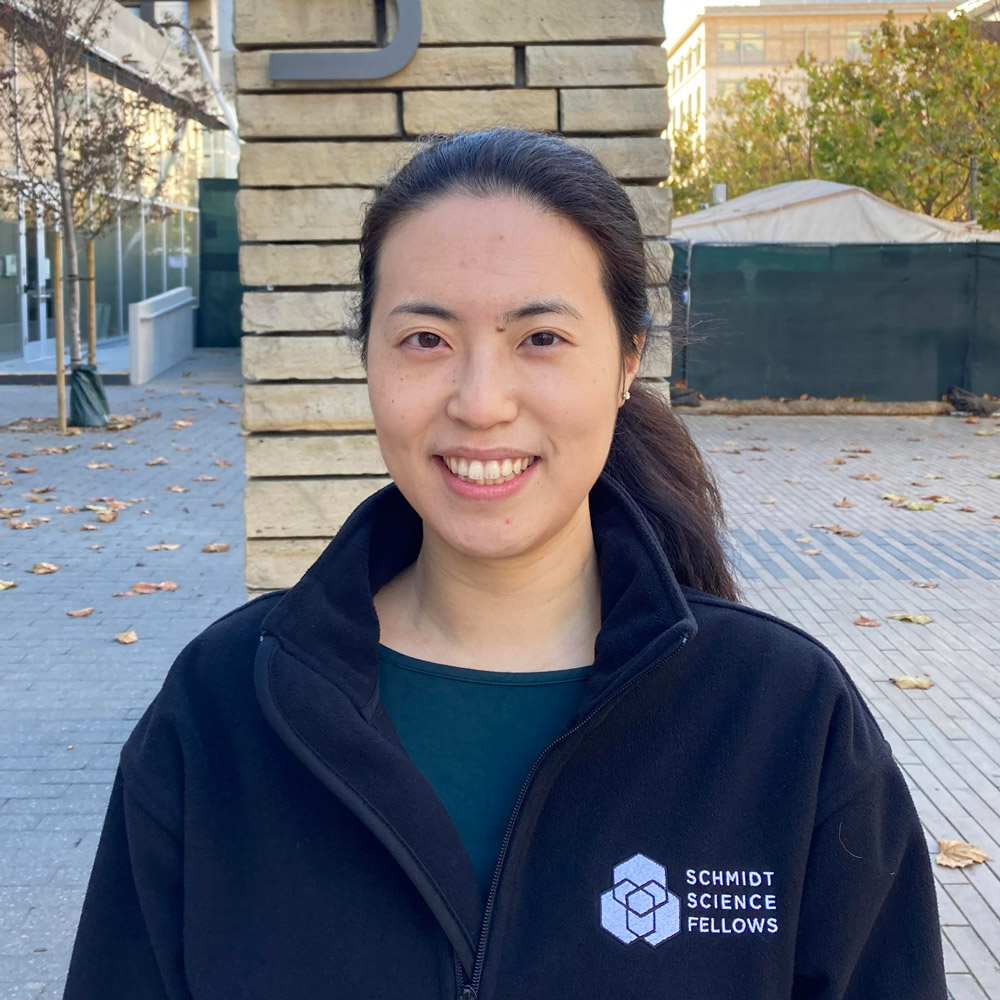Fellows across all our cohorts contributed to the scientific community’s response to COVID-19
64%
Fellows who refocused their pre-pandemic science onto a COVID-19 question
36%
Fellows who made a temporary move into a completely different scientific field to help fight COVID-19
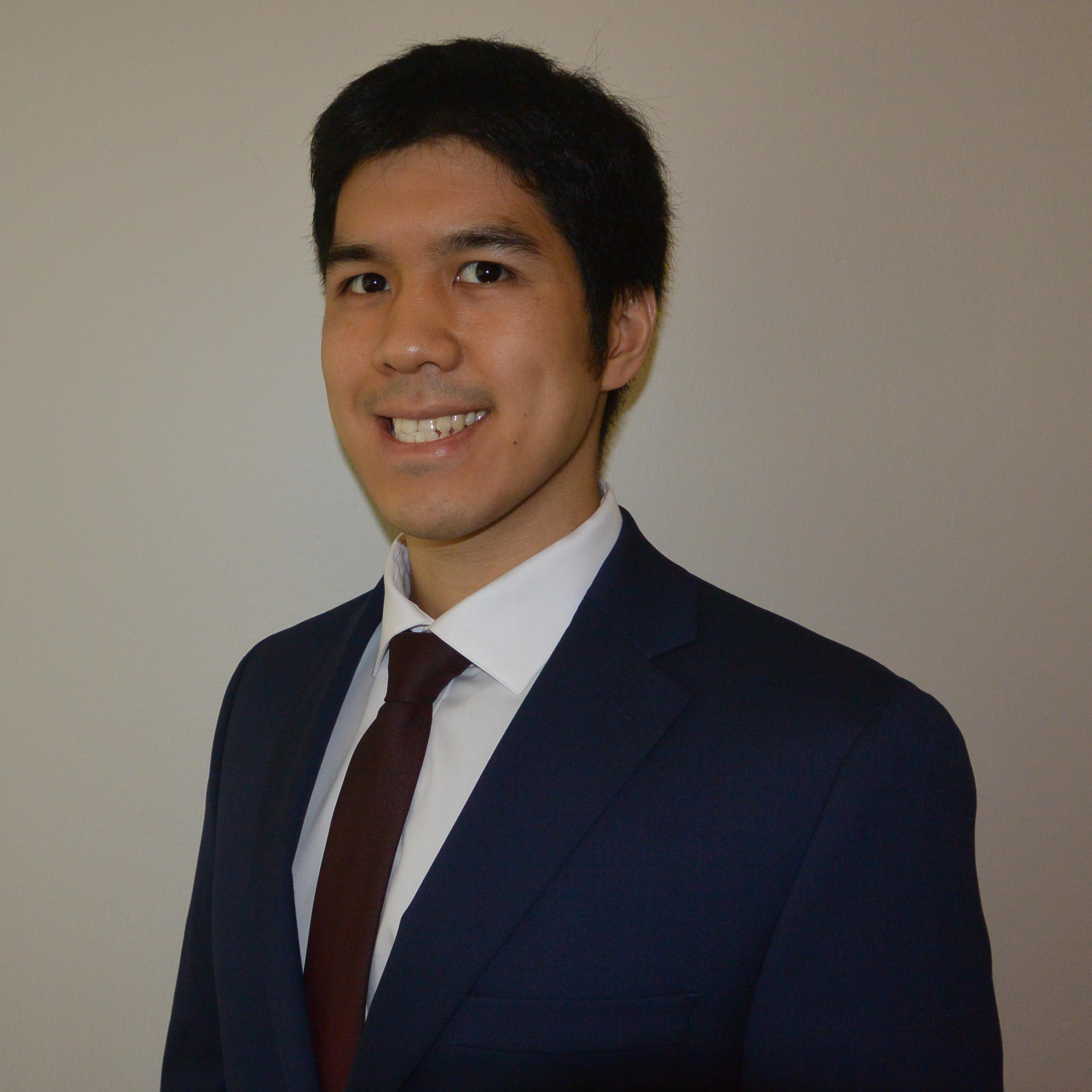
Dr. James Chen, 2020 Fellow has been working with colleagues in his PhD lab at Rockefeller University to investigate an enzyme that has a central role in how SARS-CoV-2 replicates in the body. The work has potential implications for how drugs such as remdesivir work.
The group has been studying the SARS-CoV-2 RNA-dependent RNA polymerase (RdRp, also known as nsp12). Specifically, James and colleagues are interested in the SARS-CoV-2 nonstructural proteins (nsp’s) that assemble with RdRp to affect its function and how antiviral drugs target and affect the activity of this enzyme. The Rockefeller group has solved a cryo-electron miscroscope structure of the SARS-CoV-2 RdRp in complex with the nsp13 helicase which was published in Cell on July 28, 2020.
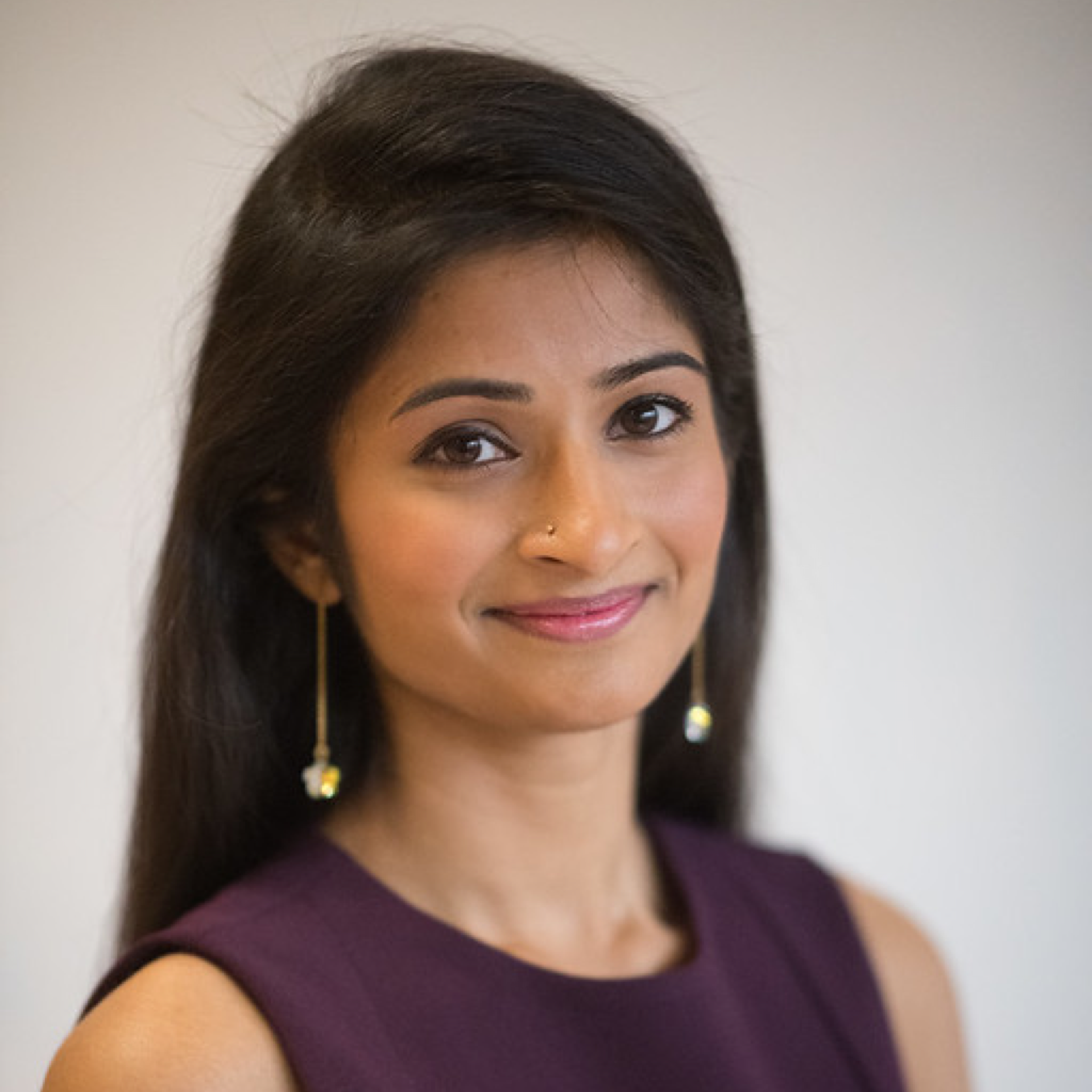
Dr. Shriya Srinivasan, 2020 Fellow, has been leading work as part of a Boston-area consortium to devise and validate the safe sharing of a ventilator multiplexing solution for COVID-19 patients. The research involves scientists and engineers at MIT and Brigham and Women’s Hospital. The system design for the Individualized System for Augmenting Ventilation (iSAVE) allows one ventilator to be shared with multiple patients but to not compromise on personalized volume and pressures settings for each patient. The iSave’s design and validation on ICU ventilators and large animals were published in Science Translational Medicine. Through Project Prana, a 501c3 nonprofit, the iSAVE system, which is currently under review for emergency use authorizaion through the FDA, is being translated to hospitals in countries including India, Bangladesh, Ecuador, Italy, and Venezuela.
Dr. Fernando Soto, 2020 Fellow, is working with colleagues at Stanford University to develop a non-invasive and wearable adhesive patch that is easily integrated to any protective mask to collect SARS-CoV-2 virus samples from exhaled breath over several hours (>3 hours). Fernando believes constant sampling to identify asymptomatic patients in the general population is key to stopping the spread of the virus.
The proposed collector devices are inexpensive and can be made in large quantities, enabling rapid transition to widespread use. Fernando hopes this research work builds upon the current need to wear a protective mask and provide a foundation for easily scalable and early detection of sampling platforms to aide in understanding disease progression and prevention in the current and future pandemics.
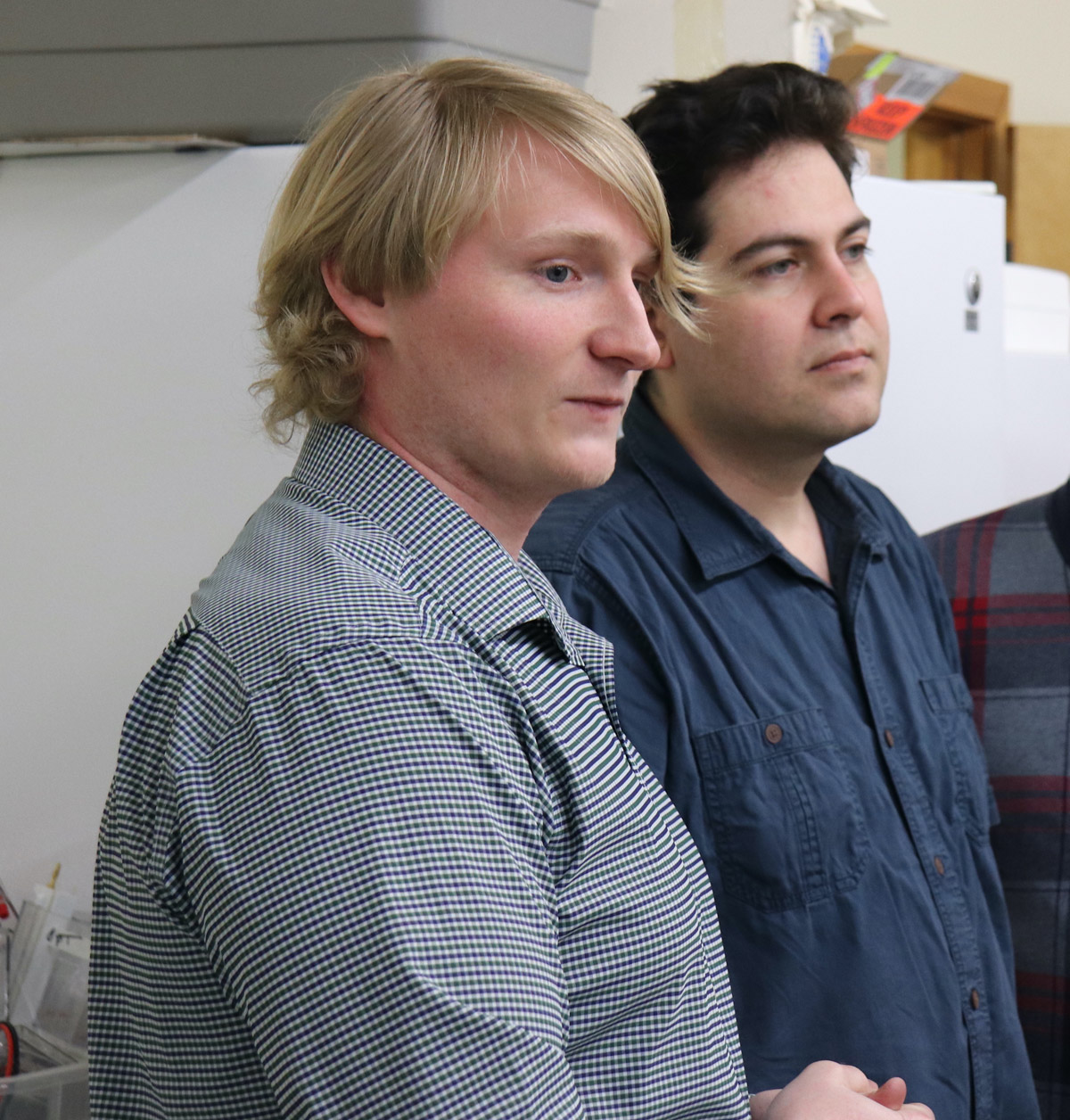
Two members of the 2018 cohort of Schmidt Science Fellows came together at the start of the pandemic to combine their expertise and knowledge to advance an interdisciplinary approach to COVID-19 testing. Dr. Fahim Farzadfard, CTO and Co-Founder of MitoLab in Boston and Dr. Hal Holmes, Chief Engineer at Conservation X Labs in Seattle collaborated to combine engineering and chemistry with the aim of repurposing a hand-held DNA testing device Hal invented to identify wildlife samples to quickly test samples for SARS-CoV-2 RNA.
This interdisciplinary collaboration by two Senior Fellows has the potential to address the absence of point-of-care (POC) molecular diagnostics for COVID-19 in low-resource settings. The test can detect SARS-CoV-2 molecular markers in saliva samples under 30 minutes and offers rapid, decentralized testing as the system requires no cold-chain storage.
Hal and colleagues at Conservation X Labs have led on engineering, product design, and marketing, with Fahim and colleagues at MitoLab having developed SARS-CoV-2 RNA detection chemistry to work within the device.
The work has been supported by a not-for-profit funder and the joint team is part of the NIH RADx-Next Program. The device is on track for Emergency Use Authorization approval from the FDA with the aim to have it in community use in early 2021.
Clinical trials have been conducted with Beth-Israel hospital in Boston and Conservation X Labs and MitoLab are in talks with the governors/mayors of multiple cities including Davis and San Jose to help with reopening plans for those cities once the testing kit is launched.
“During the 2020 Senior Fellow visit to our lab in Seattle, we performed a demonstration of our prototype DNA testing device on a sample of Atlantic salmon. When the COVID-19 pandemic broke out about two months later, Dr. Fahim Fazardfard, who was on the visit, recognized that our platform could be adapted for decentralized COVID-19 testing. Fahim reached out to me and we began collaborating with his startup. Their efforts helped us identify chemistries that could perform a COVID-19 test on our platform and their initial data and network led to essential funding that we needed to accelerate the translation of our prototype into a manufacturable product.”
Hal Holmes, 2018 Fellow
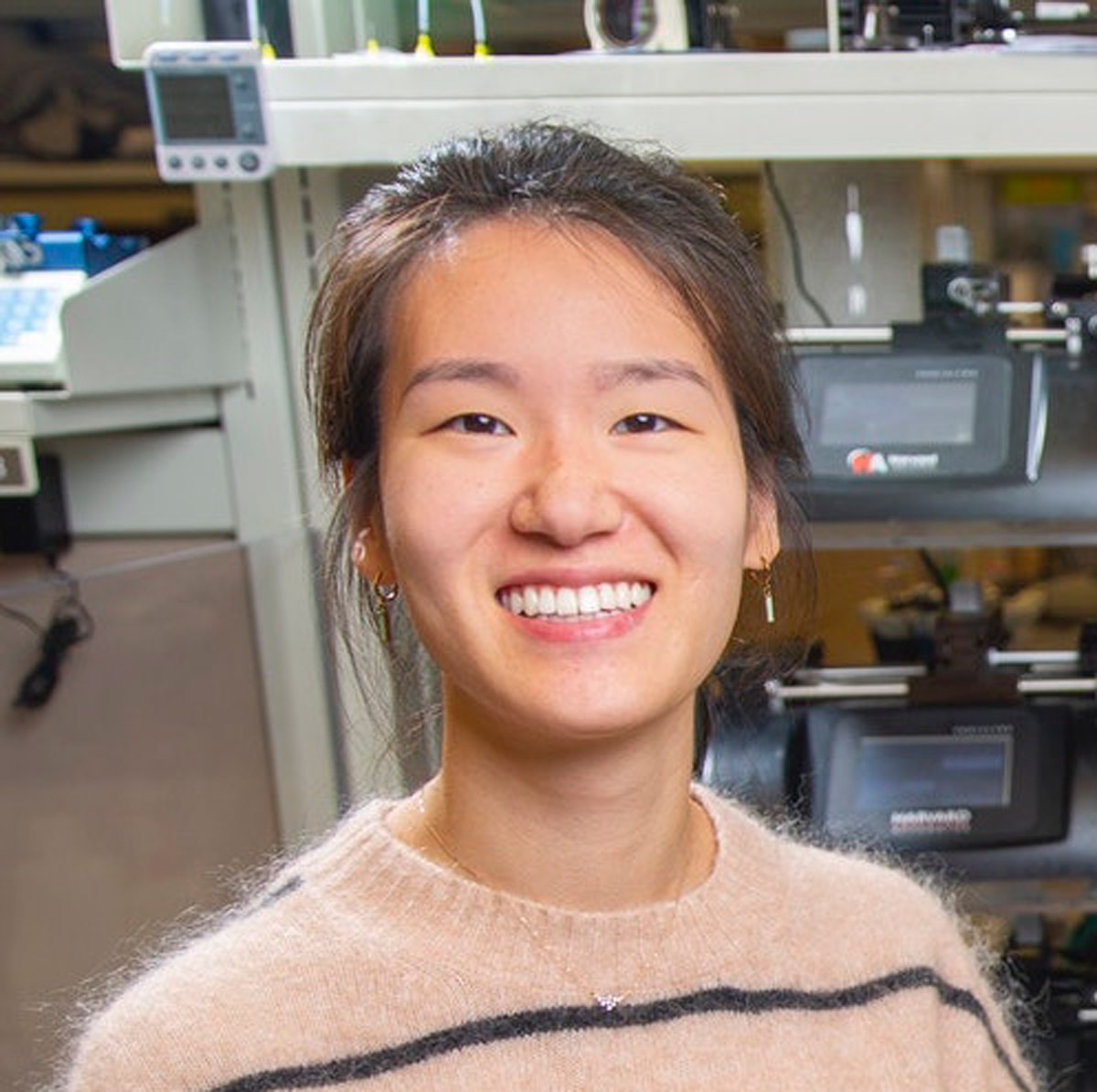
Dr. Jina Ko, 2018 Fellow, pivoted from her research work at Massachusetts General Hospital to take on project management responsibilities in the Diagnostics Accelerator group at the Mass General Brigham Center for COVID Innovation. Here, she helped to set up a lab for COVID sample processing and to communicate between group leaders and sub-group leaders. The Diagnostics working group at the Center achieved identification of various diagnostic platforms, evaluation of the performance of these tests, and acceleration of the deployment of emerging diagnostic technologies that can impact the current COVID pandemic. Currently, Jina is involved in writing a manuscript that evaluates the performance of different serological lateral flow assays (LFA) that can be implemented for non-laboratory use.
Dr. OJ Watson, 2020 Fellow, is developing COVID-19 transmission models to support public health efforts in low and middle-income countries (LMICs). Currently based at Imperial College London, OJ has been focused on developing software for health agencies to utilize in scenario planning and has collaborated with economics teams at the WHO. His work with the WHO has included providing epidemic scenario projections for each country in the world that feed into the WHO COVID-19 Essential Supply Forecasting Tool (ESFT), which assists governments to estimate their needs in response to the pandemic. This work has been of increasing importance as many countries head into second waves and with many LMICs lacking reliable data on COVID-19 prevalence.
He has turned his skills to supporting other modeling questions around COVID-19, including how countries can effectively come out of lockdowns, the use of alternative data sources to expose the true level of mortality cause by COVID-19 in the developing world, and informing future vaccine allocation strategies. A further project has involved working with partners in Sudan to infer the size of that county’s first wave of COVID-19, help predict the size of a second wave, and the optimum policies to reduce further deaths.
Schmidt Science Fellows has granted OJ special dispensation to defer his Fellowship Placement until 2021 to ensure he can complete his COVID-19 related work.
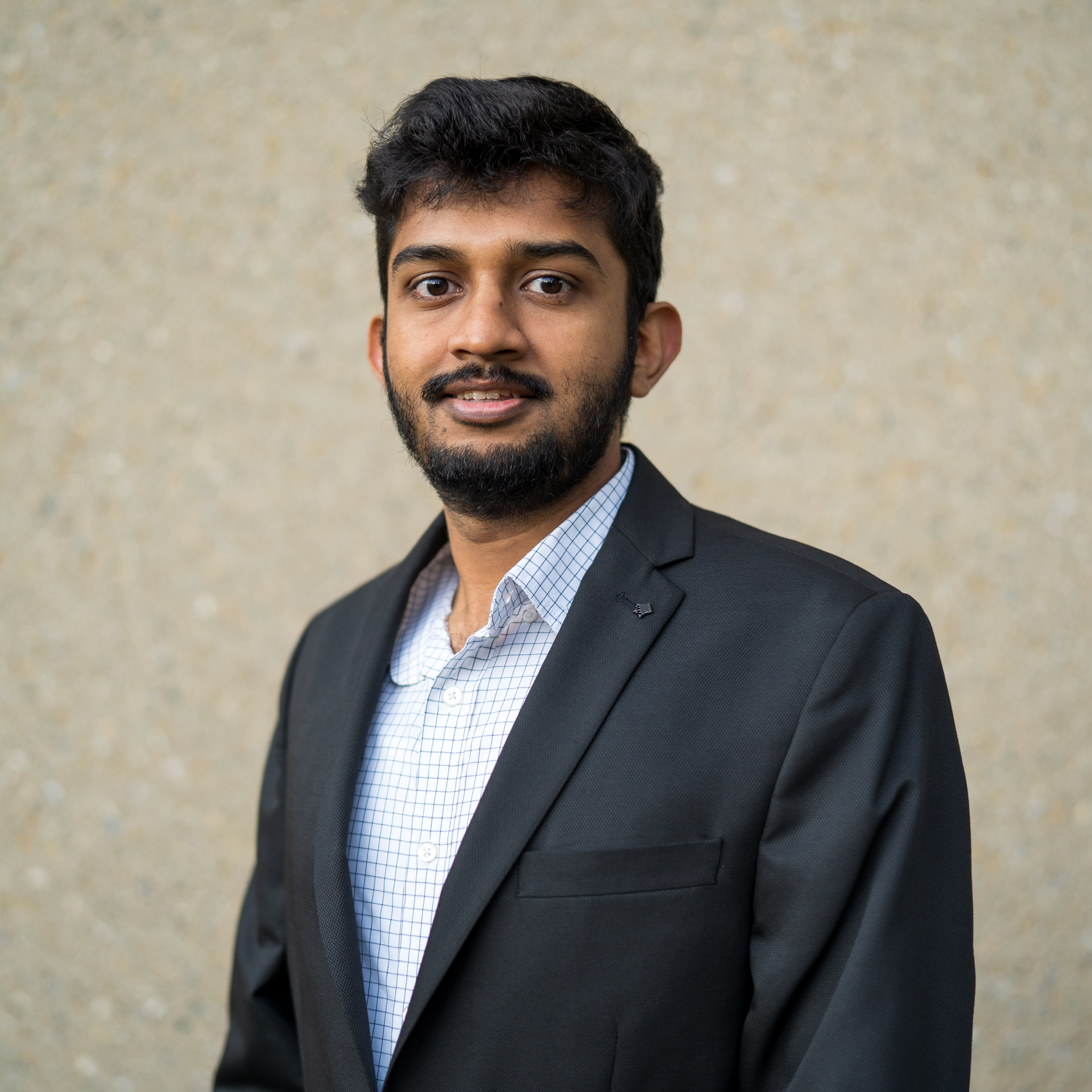
Dr. Deepak Krishnamurthy, 2020 Fellow, has been working in a team at Stanford University as part of the multi-university, multi-industry, international PezGlobo collaboration developing an easy and quick to build ventilator for communities with limited access to these life-saving devices. The collaboration’s ‘Pufferfish’ is an open-source and rapidly scalable full-feature ventilator. Deepak helped design active-valves for the pneumatic assembly and is also developing the power-management system of the device.
Dr. Peyton Greenside, 2018 Fellow, is CSO and Co-Founder of BigHat Biosciences. BigHat has applied its innovative platform coupling AI/Machine Leaning techniques with a high-speed wet lab to design a potent bispecific antibody that neutralizes live SARS-CoV-2. The BigHat molecule targets two complementary epitopes on the surface of the SARS-CoV-2 Spike protein to increase potency and likely reduce the chance of viral escape through mutation. As a single-chain antibody, BigHat’s molecule is suitable for large-scale production in bacteria and can potentially be formulated as an inhalable treatment without needing cold storage for distribution.
BigHat Biosciences aims to radically reduce the difficulty of designing antibodies and other therapeutic proteins. Their AI-first experimental platform, which integrates a high-speed wet lab with AI/Machine Learning techniques, enables drug developers to create better antibodies faster and undertake novel biotherapeutic designs far beyond what’s possible today. Founded by CEO Mark DePristo, formerly of Google.AI and The Broad Institute, Peyton Greenside and Advisor Theresa Tribble formerly of The Engine and EverlyWell and trained at Harvard Business School, BigHat is a seed-stage biotechnology company based in the San Francisco Bay Area. BigHat is backed by 8VC, AME Cloud Ventures, and Innovation Endeavors and counts among its advisors Brian Kobilka, Nobel Laureate in Chemistry; Stan Lapidus, serial life-science entrepreneur; and Nigel Reuel and Javin Oza, experts in cell-free protein synthesis.
Dr. James Briggs, 2019 Fellow, worked with his Fellowship PI, Feng Zhang at the Broad Institute of MIT and Harvard and a large interdisciplinary team – including software engineers, scientists, data privacy experts, government relations managers, and marketing and communications experts – in a project aimed at reducing the spread of COVID-19 in individuals who may not realize they have it.
James analyzed data collected using a mobile app called How We Feel that tracked symptoms, behavior, and demographic information from about 500,000 people across the US from early March 2020. Using this complex data, James mapped the symptoms that COVID-19 patients experience over time and applied machine learning models to predict the results of gold-standard molecular COVID-19 test results. The analysis produced a surprisingly high degree of accuracy – around 80% – showing how free-to-use and scalable mobile technology can be utilized to help people understand if they are potentially contagious without a full COVID-19 test.
